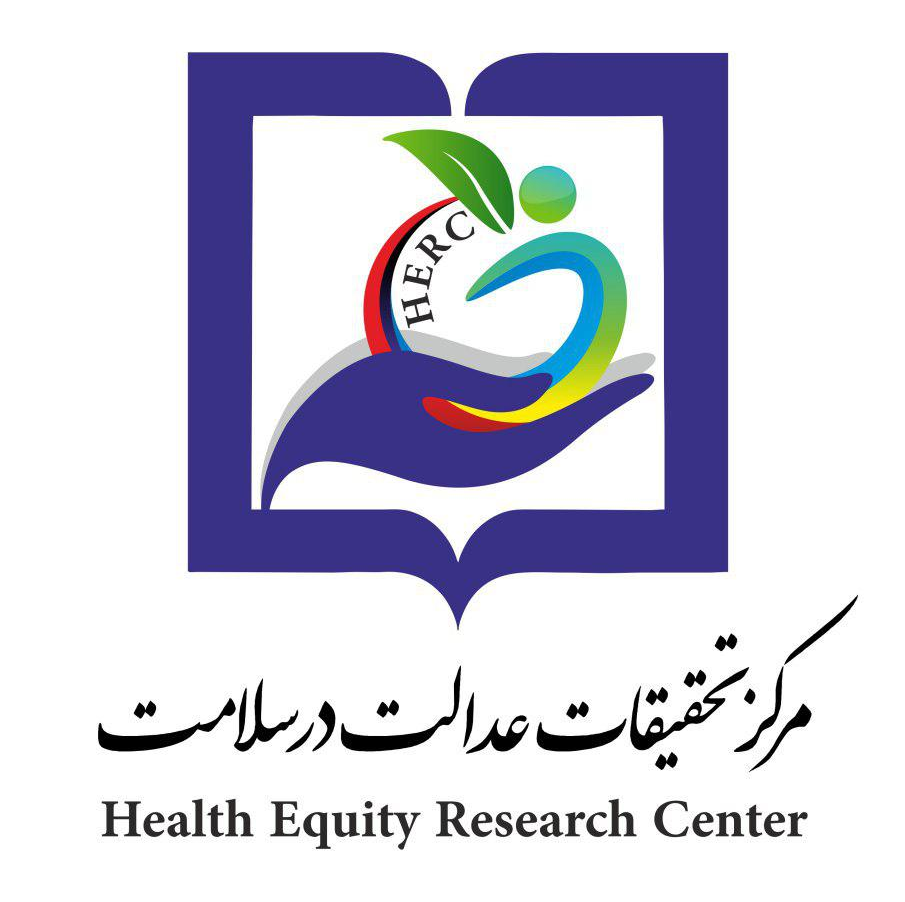Abstract
Background
Coronavirus disease 2019 (COVID-19) has revealed a series of unprecedented challenges to
Communicable Disease Surveillance Systems (CDSS) globally. This study aimed to determine the
opportunities of and barriers to CDSS during the COVID-19 pandemic, and the extent to which the disease
integrated into the CDSS in the Kurdistan region of Iraq.
Methods
A descriptive qualitative approach was applied. We conducted 7 semi-structured interviews and one focus group discussions (FGD) with purposefully identified Key Informants (KI) from June to December 2020. All interviews were digitally recorded and transcribed verbatim. We adopted a mixed deductive- inductive approach for thematic analysis of data, facilitated by using MAXQDA20 software for data management.
Results
Although the CDSS was considered appropriate and §exible, the COVID-19 was interpreted not to be integrated into the system due to political concerns. The lack of epidemic preparedness, timeliness, and partial cessation of training and supervision during the pandemic were the main concerns regarding core and support activities. The existence of reasonable surveillance infrastructure, i.e. trained staff was identified as an opportunity for improvement. The main challenges include: staff deficiency, absence of motivation and financial support for present staff, scarce logistics, managerial and administrative issues, and lack of cooperation, particularly among
stakeholders and surveillance staff.
Conclusion
Our findings revealed that due to political barriers, COVID-19 was not integrated into the CDSS. It also highlighted the main facilitators of and barriers to CDSS in the region. We advocate health authorities and policy-makers to prioritize the surveillance and effective management of communicable diseases.



No responses yet